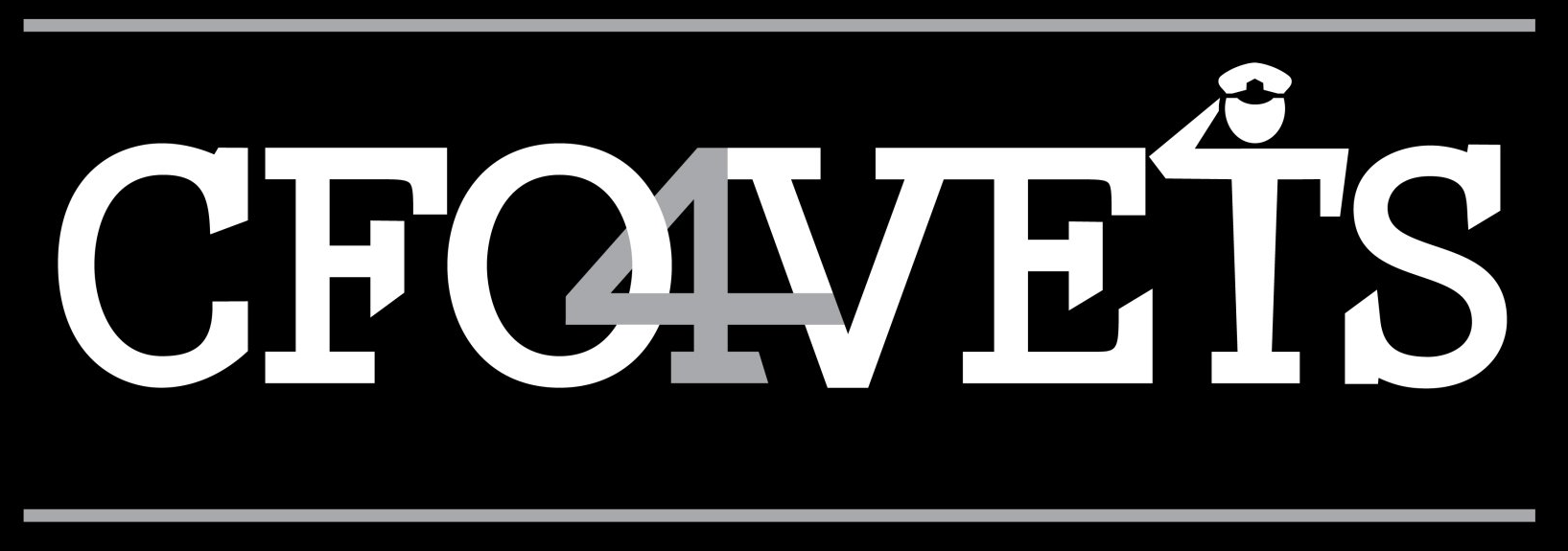Every business owner will exit their business at some point – whether voluntarily or involuntarily – yet only about 50% of business owners have a buy-sell agreement in place to govern the terms and process of the exit.
For this reason, it’s crucial to know about buy-sell agreements, which are legally binding contracts between co-owners of a business that determines the actions if a co-owner chooses or is forced to depart a company and the process of purchasing that person's share.
I’ve compiled a list of the most commonly asked questions about buy-sells:
How would a business owner benefit from a buy-sell agreement?
In many cases, the business owner's largest and most significant asset is the business itself. Suppose something happened to one of the primary owners. In that situation, it is crucial to ask how the owner’s demise or departure would affect the lifestyle and exit plans of the other owners, the business, and the other interested parties. Are you willing to share your business with your deceased partner's heir?
The demise of a primary owner is an excellent example of where buy-sell agreements come into play. They can remove the speculation regarding the future of your business. Furthermore, a buy-sell can reduce the stress and turmoil of an emotional situation.
Do you need a business valuation when implementing a buy-sell agreement?
The short answer is yes. A business valuation can be critical when contemplating a buy-sell. Valuations help you understand your business's worth and determine your action path after a buy-sell is activated due to a triggering event, such as when a primary business owner becomes disabled, leaves the company, or passes away.
Suppose a buy-sell agreement does not require an updated company valuation after a triggering event. In that case, the surviving owner may be required to pay the amount stated in the original buy-sell, even if that amount no longer accurately reflects the company's actual worth.
Similarly, a company's valuation may differ after a primary owner leaves the business. As you can see, knowing how much your company's value depends on its current organizational structure and staying ahead of the game in your forecasting is essential.
Who does a business owner work with to implement a buy-sell agreement?
A Certified Valuation Analyst is a professional business valuator who, along with a trusted attorney, is a must-have in establishing a proper buy-sell agreement. Because buy-sell arrangements can be challenging to discuss with a business partner and require much organization and implementation, a trusted attorney can steer and mediate those difficult conversations.
Protect your business – and yourself – by being prepared for the difficult transition when an owner exits the business. Buy-sell agreements help pave the way for smoother transitions.







